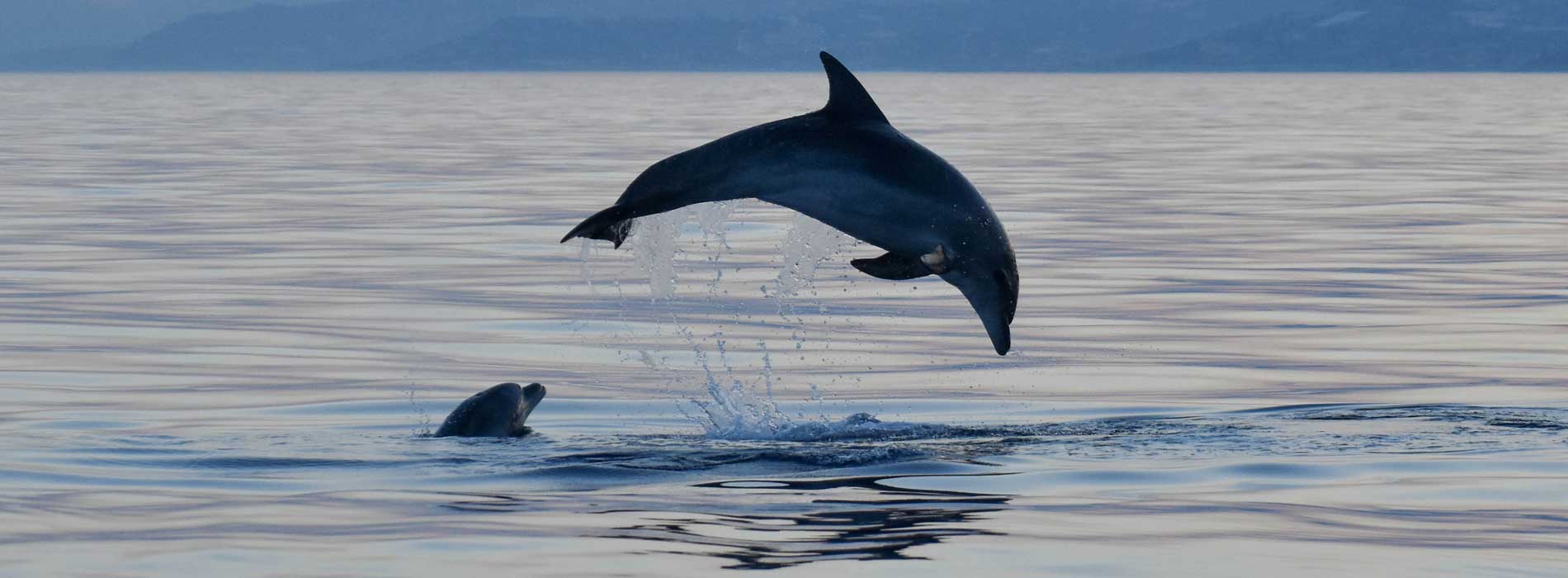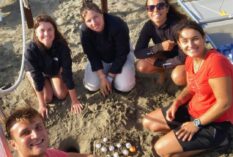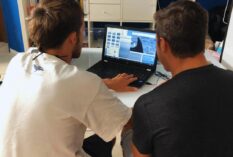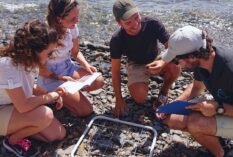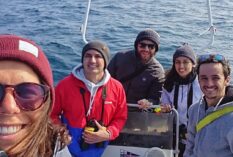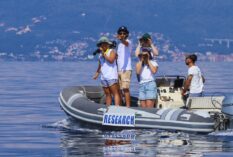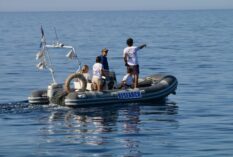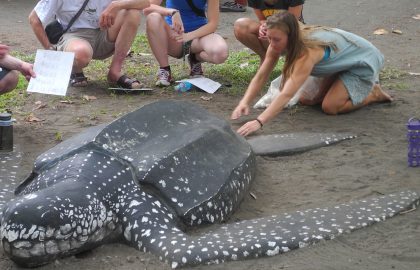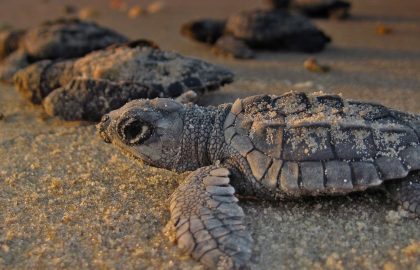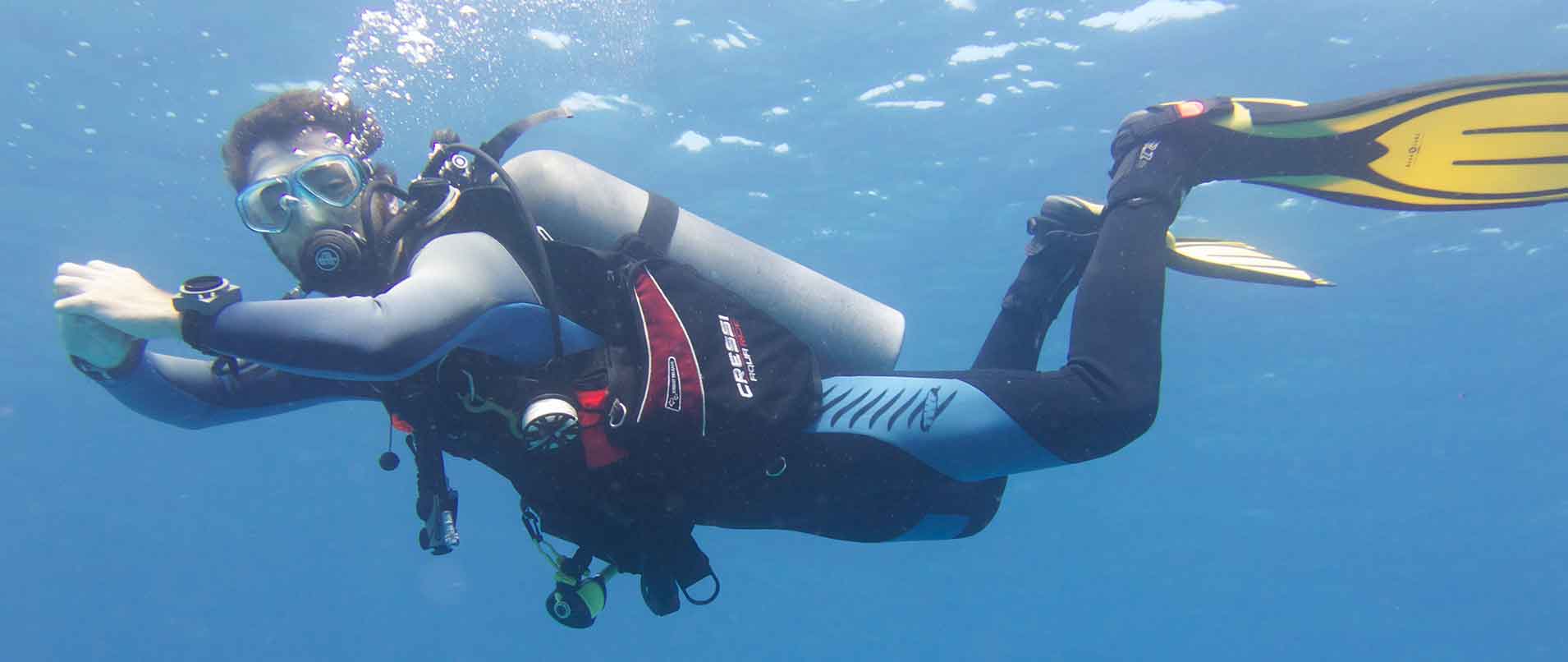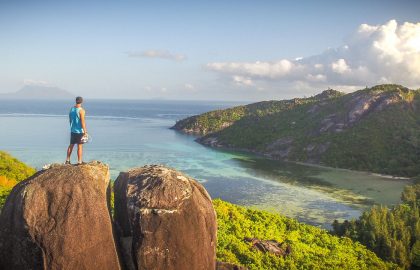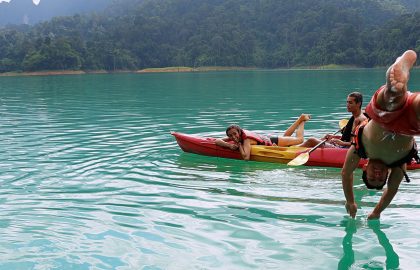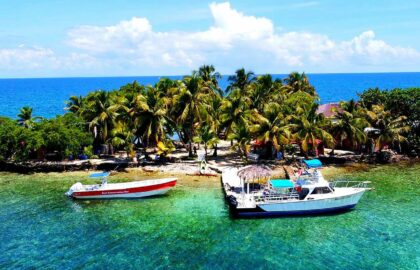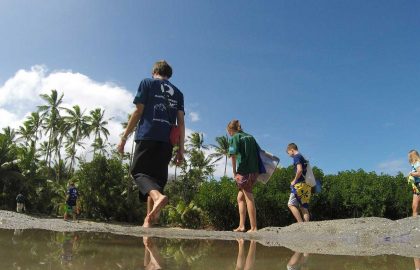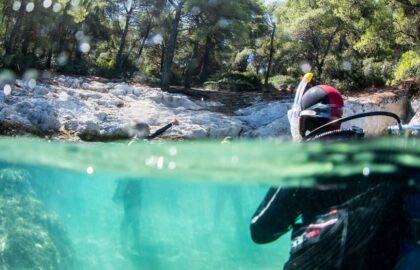Description
Location: Imperia, Italy
Duration: minimum 1 month commitment
Start Dates: Placements are available from March to October
Cost: from €1800 for the first month. See Costs section for more details.
Benefits:
– Learn diverse methods for studying marine mammals in their natural habitat
– Gain practical experience in cetacean field research
– Deepen understanding of cetacean ecology, biology, behavior, and physiology
– Develop the ability to recognize various cetaceans, birds, reptiles, and fish species in the Mediterranean environment
– Acquire knowledge of standard procedures in fieldwork data collection
– Explore potential for further analyses based on collected data
– Receive a comprehensive and hands-on learning experience for a future in marine biology and research.
Intro.
Embark on a transformative 30-day internship opportunity, situated in Imperia, at the heart of the International “Pelagos” Sanctuary dedicated to the preservation of Cetaceans. Our comprehensive program offers specialized training in cetacean studies and marine fauna, catering to aspiring marine biologists/researchers and individuals with a keen interest in the field of marine science.
Beyond venturing into the sea for monitoring surveys of dolphins and seabirds, participants will engage in data analysis, photo-identification of bottlenose dolphins’ dorsal fins using specific software, and attend lectures on marine mammals, marine fauna, and research techniques. Additionally, our affiliations with multiple universities provide opportunities for students to conduct their theses and earn formative credits through collaborative research experiences. Join us in this immersive internship to nurture your passion for marine biology and contribute to the conservation of marine life.
Daily Life
Throughout our survey missions, we meticulously gather data encompassing the occurrence of diverse cetacean species, as well as multiple marine birds, fishes, and sea turtles that are observable. Our extensive database on marine fauna serves as a valuable resource, offering intriguing insights into the seasonal patterns of Mediterranean shearwaters (Puffinus yelkouan), Scopoli’s shearwaters (Calonectris diomedea), Northern gannets (Morus bassanus), Sandwich terns (Thalasseus sandvicensis), sunfish (Mola mola), and various other species.
Activities you can expect to get involved in include:
- Boat-based monitoring,
- Land-based monitoring,
- Data collection on cetaceans, seabirds and other Mediterranean species,
- Photo-identification of bottlenose dolphins and matching with catalogue,
- Skin lesion analysis
- Input and updating of databases,
- Opportunistic monitoring when reports of cetacean species are received,
- Beach monitoring at dawn to look for potential tracks of sea turtle activities (only in summer),
- Lectures and seminars on biology, ecology, anatomy, physiology and research techniques used to study cetaceans and other marine fauna
The programme is highly flexible and weather-dependent. The boat-based activities will only be conducted in case of good weather and sea conditions.
Travel & Accom.
You will be given easy to follow instructions to get ot the project, which can be reached from several airports close by, enquire with us once you are accepted.
Your accommodation is in a conveniently located apartment in close proximity to both the office and the harbour. The apartment is designed with practicality in mind, featuring a spacious living/dining room equipped with a double sofa bed for one intern. Additionally, it comprises a fully equipped kitchen, two toilets, and two bedrooms. One bedroom is furnished with two separate single beds, while the other, typically reserved for the intern coordinator, is equipped with a double bed. This living space is shared among interns and the intern coordinator.
The apartment comes with essential amenities, including a washing machine and a dishwasher. Interns are expected to handle their own food preparation, cleaning, and household responsibilities, ensuring the apartment is maintained in the same condition as when they arrived. It’s important to note that only one bedroom will be shared by two participants, and smoking is strictly prohibited inside the apartment. This arrangement aims to provide a comfortable and conducive living environment for interns during their stay.
Requirements
This placement is particularly suited to those looking to gain a career in marine biology or environmental conservation. You do not need any specific skills, although any you do have will be very beneficial.
- Min age 18
- Minimum 1 month commitment
- Reasonable physical fitness, Being able to stand for multiple hours in a research zodiac even under the sun and in all weather conditions
- Good swimming ability
- Be highly adaptable and flexible, the daily plan might change because the fieldwork activities are strongly related to weather forecasts
- Be sociable and willing as they are expected to live and work in an international team
- Preferred (not required) students or recent graduates in biology, natural or environmental sciences, veterinary studies or similar
- Good level of spoken, written and reading of the English language
- Full travel & medical insurance
- Necessary flights & visas
Costs
€1800 EUR for the first month, €1500 for each month thereafter
*All payments incur a 5% bank transfer fee.
**Places are confirmed with a €300 deposit
What’s Included:
Project Fee includes
- Accommodation in a shared apartment,
- Electricity and water usage
- Field costs (use of research vessel, training and use of equipment)
- Certificate of Attendance
- Lectures and training,
- Scientific supervision, mentoring and tutoring
- T-shirt
What’s not included:
- Food and drinks
- Flights,
- Travel expenses to and from the project
- visas (if applicable),
- Travel insurance
- Vaccinations. Full assistance will be provided in if you choose our premium support.
Premium Support Upgrade
We understand there’s a great deal to plan and organize for your trip. When booking a Placement, many of our participants choose to purchase our Premium Support Upgrade to benefit from the expertise, knowledge, and experience of our Project Coordinators.
We can provide the personal advice you need to ensure your trip is organized with excellence and planned with efficiency; ensuring the very best experience possible. Read more about how we can help you.
Note: Map coordinates are approximate

